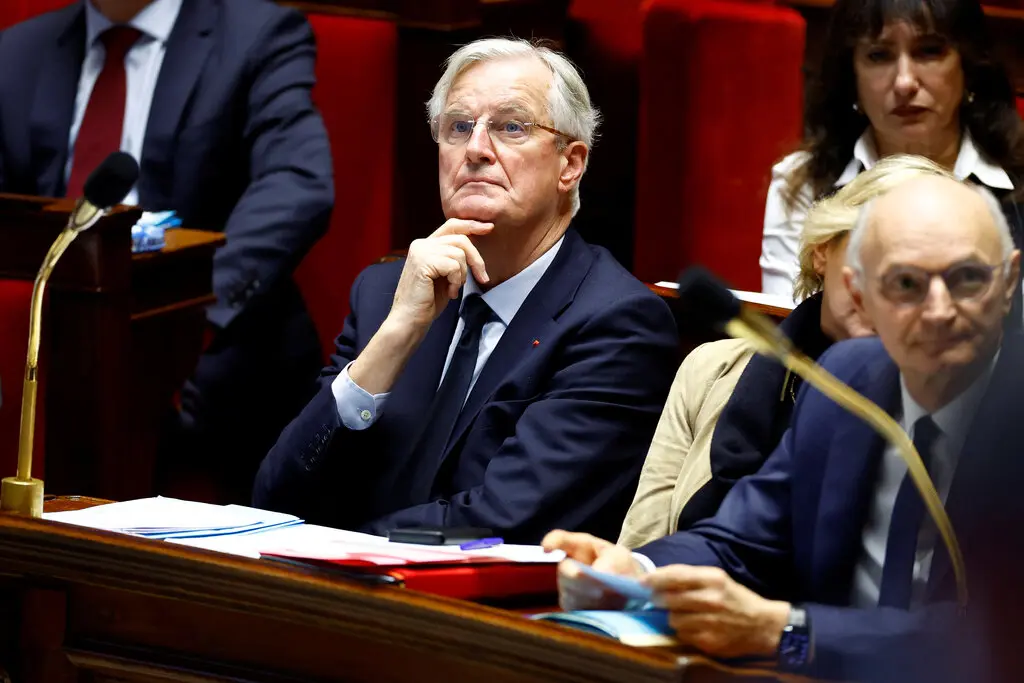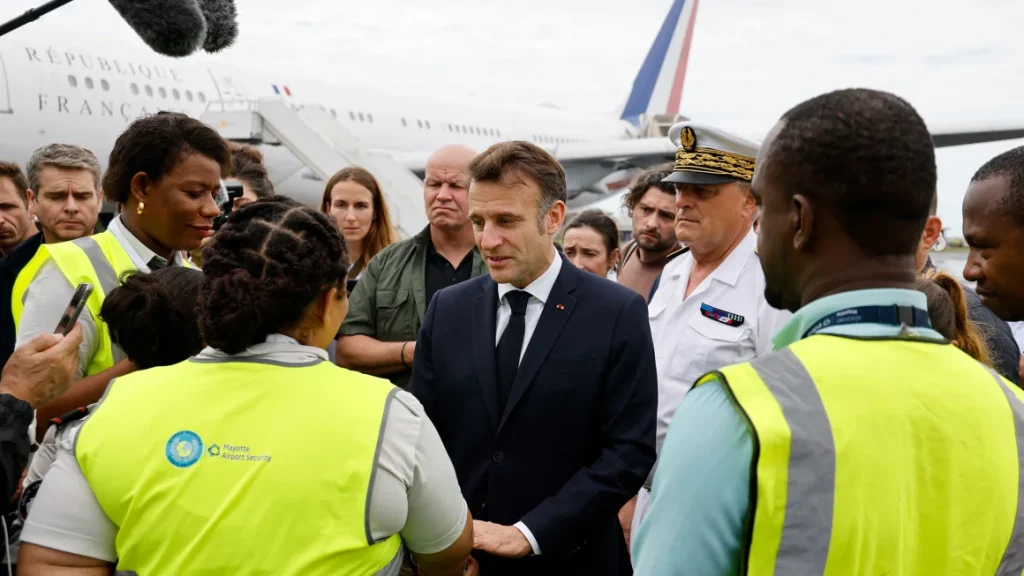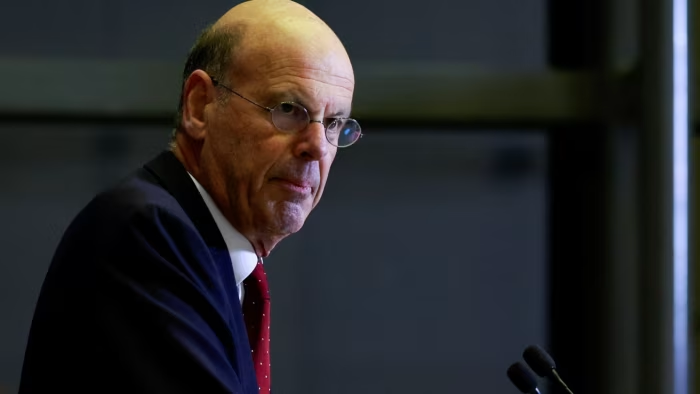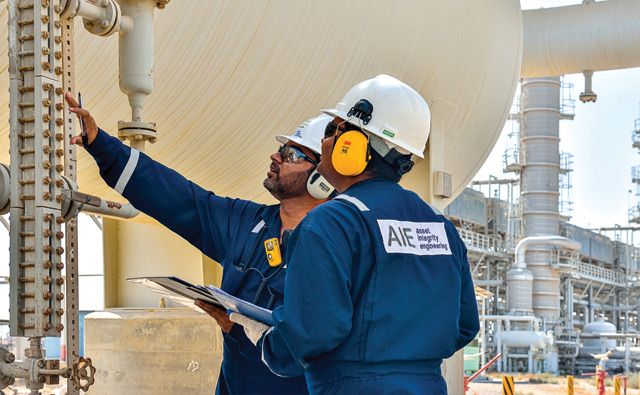French President Emmanuel Macron to name new prime minister Friday morning
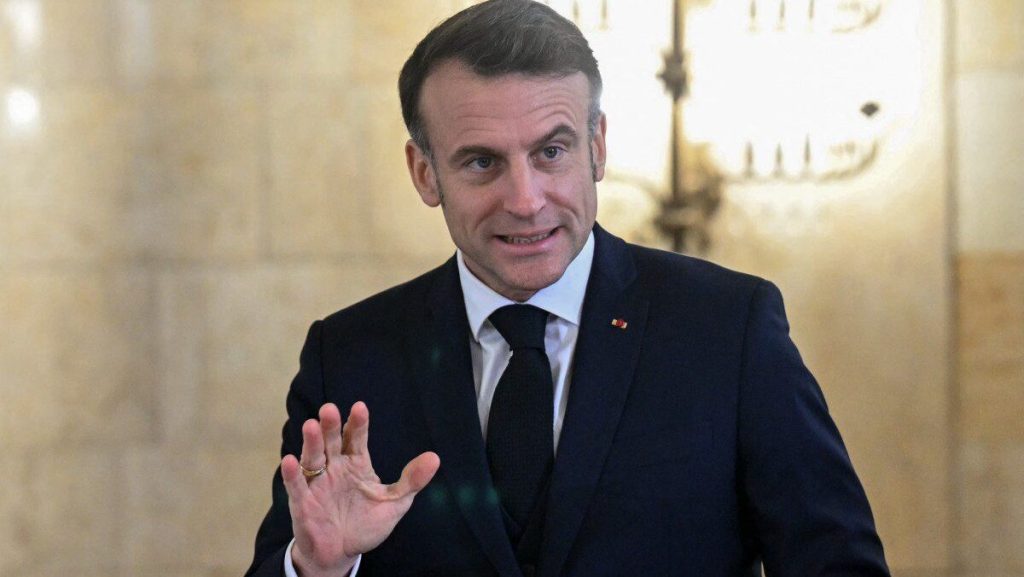
In a major political development in France, President Emmanuel Macron is set to announce a new prime minister on Friday morning, following the resignation of the previous head of government. The decision has been closely watched both within France and internationally, as it marks a significant shift in the leadership of the country at a time of economic and social challenges. The new appointment is expected to signal the direction Macron’s administration will take in the coming years, particularly as he seeks to address mounting issues surrounding unemployment, economic reform, and social unrest.
Resignation of Jean Castex
The move to appoint a new prime minister follows the resignation of Jean Castex, who has held the position since July 2020. Castex, a member of Macron’s centrist La République En Marche (LREM) party, played a central role in the government’s response to the COVID-19 pandemic and the subsequent economic recovery efforts. Under his leadership, France introduced stringent lockdown measures and rolled out one of the largest vaccination campaigns in Europe. However, Castex’s tenure has not been without controversy. His administration faced criticism for handling the pandemic response, with many accusing the government of being slow to implement certain measures, such as the provision of medical equipment and vaccines.
Additionally, Castex’s approval ratings had dipped in recent months, with many questioning his ability to lead the country through its post-pandemic recovery and growing economic challenges. With France facing significant inflation, rising energy prices, and a widening income gap, Macron’s government has been under increasing pressure to deliver on its promises of economic reform and social equity. As a result, Castex’s resignation was seen as an inevitable step toward reinvigorating the administration’s agenda.
Macron’s Choice of New Prime Minister
The announcement of Macron’s new prime minister is expected to be a critical moment in his presidency. After securing a second term in office in April 2022, Macron has been navigating a delicate balance in French politics, seeking to unify a divided nation and tackle both domestic and international issues. The new prime minister will be tasked with implementing Macron’s ambitious reform plans, which include tackling labor market issues, reducing public sector spending, and addressing the growing social unrest that has erupted in various parts of the country in recent years.
Macron has faced increasing criticism from political opponents and protest movements, particularly the “Yellow Vest” protests that began in late 2018 and continue to resonate today. These protests, which initially focused on rising fuel prices and economic inequality, have evolved into a broader critique of Macron’s policies and leadership style. The new prime minister will play a crucial role in restoring public trust and ensuring that Macron’s agenda for economic and social reforms is successfully carried out.
Speculation on the New Prime Minister
While Macron’s final decision on the new prime minister is still under wraps, speculation has been rife regarding potential candidates. The choice of prime minister will be critical to Macron’s political fortunes, as the role of prime minister in France is not only that of a key administrative leader but also an important political figure. Macron has several options at his disposal, with various political figures from both within his party and the broader French political landscape being mentioned as possible contenders.
One prominent name that has surfaced is Élisabeth Borne, the current Minister of Labor, Employment, and Economic Inclusion. Borne, a senior member of Macron’s government, has gained significant experience in managing labor issues and economic reform, both of which are central to Macron’s ongoing agenda. Her appointment could signal Macron’s desire for continuity in economic policy and his commitment to tackling France’s unemployment rate, which remains a persistent issue.
Another potential candidate is Jean-Yves Le Drian, the current Minister of Europe and Foreign Affairs. While Le Drian is more closely associated with foreign policy, his extensive experience in government could make him a viable candidate for the position of prime minister, particularly if Macron seeks someone with strong diplomatic ties and international experience to lead the country.
There has also been speculation around the possibility of Macron selecting a prime minister from outside his own political party, as a way to appease critics and broaden his appeal. This approach would be seen as a way to unite the political center and more left-leaning factions of French society. However, such a move would be unprecedented and could face challenges within Macron’s own party, where loyalty to the president remains a key factor in the political landscape.
The Challenges Ahead for Macron’s New Prime Minister
Whoever Macron chooses as his new prime minister will face a daunting array of challenges. Domestically, the French economy is grappling with inflation, high unemployment, and the aftereffects of the COVID-19 pandemic. Macron has pledged to overhaul France’s pension system and labor laws, but such reforms are likely to be met with significant resistance from labor unions and political opponents.
Moreover, social unrest remains a major concern. The “Yellow Vest” protests, which began as a movement against fuel taxes, evolved into a larger outcry against inequality and the high cost of living. These protests have highlighted deep divisions within French society, with many citizens feeling disconnected from the political establishment. Macron’s new prime minister will need to find ways to address these grievances and restore public trust in the government.
On the international stage, France faces its own set of challenges, particularly within the European Union and its relationship with neighboring countries. Macron has long been an advocate for a stronger, more unified EU, but tensions over issues like immigration, defense spending, and the economic fallout from Brexit continue to strain relations within the bloc. The new prime minister will need to work closely with Macron to navigate these challenges and ensure France remains a key player on the world stage.
The appointment of a new prime minister by French President Emmanuel Macron is a pivotal moment in the country’s political landscape. With significant economic and social challenges ahead, Macron’s choice will send a powerful signal about his administration’s priorities for the coming years. Whether the new prime minister is an experienced political figure within Macron’s party or an outsider chosen for their ability to bridge divides, they will face an uphill battle in uniting the nation and addressing its pressing concerns. As Friday morning approaches, all eyes will be on the Élysée Palace to see who Macron selects to guide France through its next chapter.


